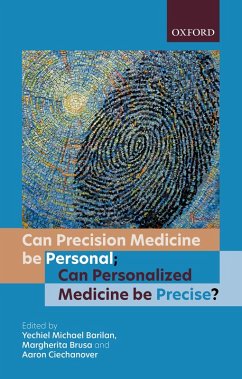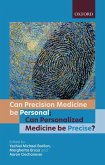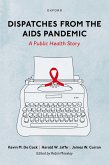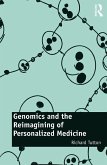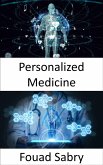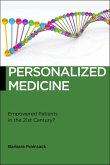People have always sought medical care that is tailored to every individual patient. Alongside with the historical development of institutions of care, the vision of personal and 'holistic' care persisted. Patient-centred medicine, interpersonal communication and shared decision making have become central to medical practice and services. This evolving vision of 'personalized medicine' is in the forefront of medicine, creating debates among ethicists, philosophers and sociologists of medicine about the nature of disease and the definition of wellness, the impact on the daily life of patients, as well as its implications on low-income countries. Is increased 'precision' also an improvement on the personal aspects of care or erosion of privacy? Do 'precise' and 'personalized' approach marginalize public health, and can this care be personalized without attention to culture, economy and society? The book provides a multidisciplinary and interdisciplinary discussion of the ethos and ethics of precision/personal medicine, involving scientists who have shaped the field, in dialogue with ethicists, social scientists and philosophers of science. The contributing scholars come from all over the world and from different cultural backgrounds providing reflective perspectives of history of ideas, critical theory and technology assessment, together with the actual work done by pioneers in the field. It explores issues such as global justice, gender, public health, pharmaceutical industry, international law and religion, and explores themes discussed in relation to personalized medicine such as new-born screening and disorders of consciousness. This book will be of interest to academicians in bioethics, history of medicine, social sciences of medicine as well as general educated readers.
Dieser Download kann aus rechtlichen Gründen nur mit Rechnungsadresse in A, B, BG, CY, CZ, D, DK, EW, E, FIN, F, GR, HR, H, IRL, I, LT, L, LR, M, NL, PL, P, R, S, SLO, SK ausgeliefert werden.

